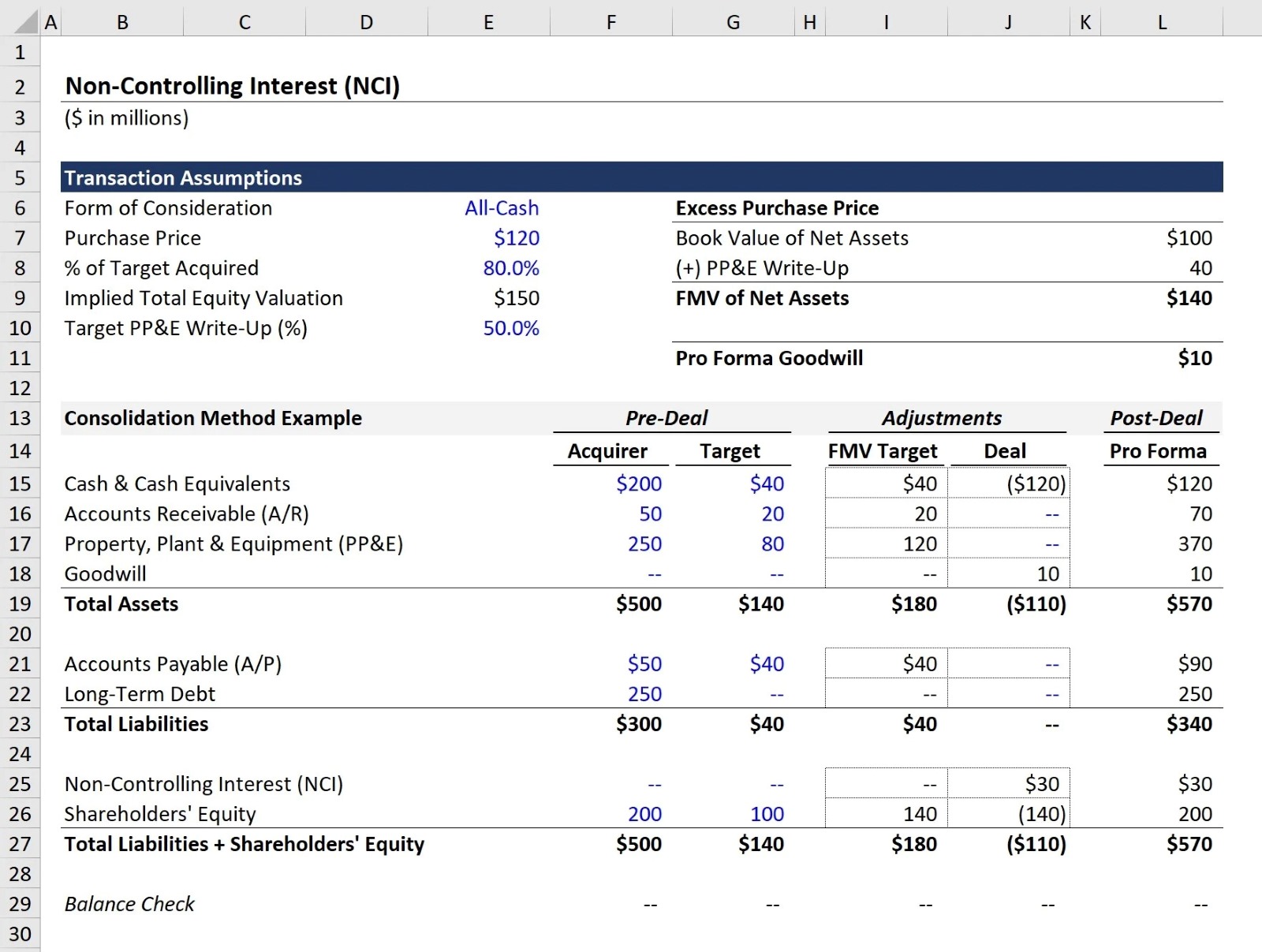

Finance
Debt Signaling Definition
Published: November 8, 2023
Learn the meaning of debt signaling in finance and how it impacts investment decisions. Enhance your financial knowledge and make informed choices with our comprehensive definition.
(Many of the links in this article redirect to a specific reviewed product. Your purchase of these products through affiliate links helps to generate commission for LiveWell, at no extra cost. Learn more)
Understanding Debt Signaling in Finance
Finance is a vast field with various concepts and strategies that can sometimes be overwhelming. One term that often pops up in financial discussions is “debt signaling.” You might be wondering, what exactly is debt signaling and how does it relate to finance?
Let’s dive into the world of debt signaling and explore its definition, importance, and impact on financial decision-making.
What is Debt Signaling?
Debt signaling refers to the intentional borrowing of funds by companies to communicate their financial health, future prospects, and commitment to their stakeholders. It is a strategic move used by companies to provide valuable information to investors, lenders, and other relevant parties about their financial well-being.
Key Takeaways:
- Debt signaling is a strategic financial decision made by companies to communicate their financial health and commitment to stakeholders.
- It involves intentionally borrowing funds to provide valuable information to investors, lenders, and other relevant parties.
Why is Debt Signaling Important?
Debt signaling plays a crucial role in finance for several reasons:
- Information Asymmetry: In financial markets, there is often an information asymmetry between companies and investors. Companies have more detailed information about their financial situation and prospects than outside investors. By intentionally taking on debt, companies can signal that their financial position is strong and they are confident about their future. This helps bridge the information gap and provides investors with a clearer understanding of the company’s prospects.
- Cost of Capital: Debt signaling can impact a company’s cost of capital. When investors perceive a company as financially stable and confident about its future, they are more likely to lend money or invest in the company. Consequently, the cost of borrowing decreases as lenders view the company as less risky. Lower borrowing costs can translate into increased profitability and financial flexibility for the company.
- Market Perception: Debt signaling also influences how a company is perceived by market participants. When a company demonstrates its ability to borrow at favorable terms, it sends a positive signal to other market participants, such as customers, suppliers, and competitors. This favorable perception can lead to increased business opportunities, better supplier relationships, and a stronger market position.
The Impact of Debt Signaling on Financial Decision-making
Debt signaling can have a significant impact on a company’s financial decision-making process. Understanding the implications of debt signaling helps companies make informed choices and develop effective financial strategies. Here are some ways debt signaling influences financial decision-making:
- Funding Decisions: Companies may strategically choose debt financing over equity financing to signal their financial strength and commitment. This decision is often made after considering the impact on cost of capital and market perception.
- Investment Decisions: Debt signaling can influence a company’s investment decisions. When a company has successfully signaled its financial health, it may find it easier to attract investors and secure funding for growth and expansion opportunities.
- Risk Management: Debt signaling can assist companies in managing risk. By carefully managing their debt and signaling their ability to meet financial obligations, companies can gain the trust of lenders and investors, ensuring access to capital during challenging times.
Overall, debt signaling is an essential tool for companies to communicate their financial strength, prospects, and commitment to stakeholders. By intentionally borrowing funds, companies can bridge the information gap, reduce borrowing costs, and enhance their market perception. Understanding debt signaling empowers companies to make strategic financial decisions that can shape their future success in the competitive world of finance.














